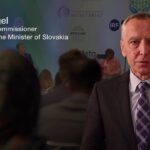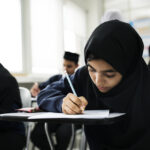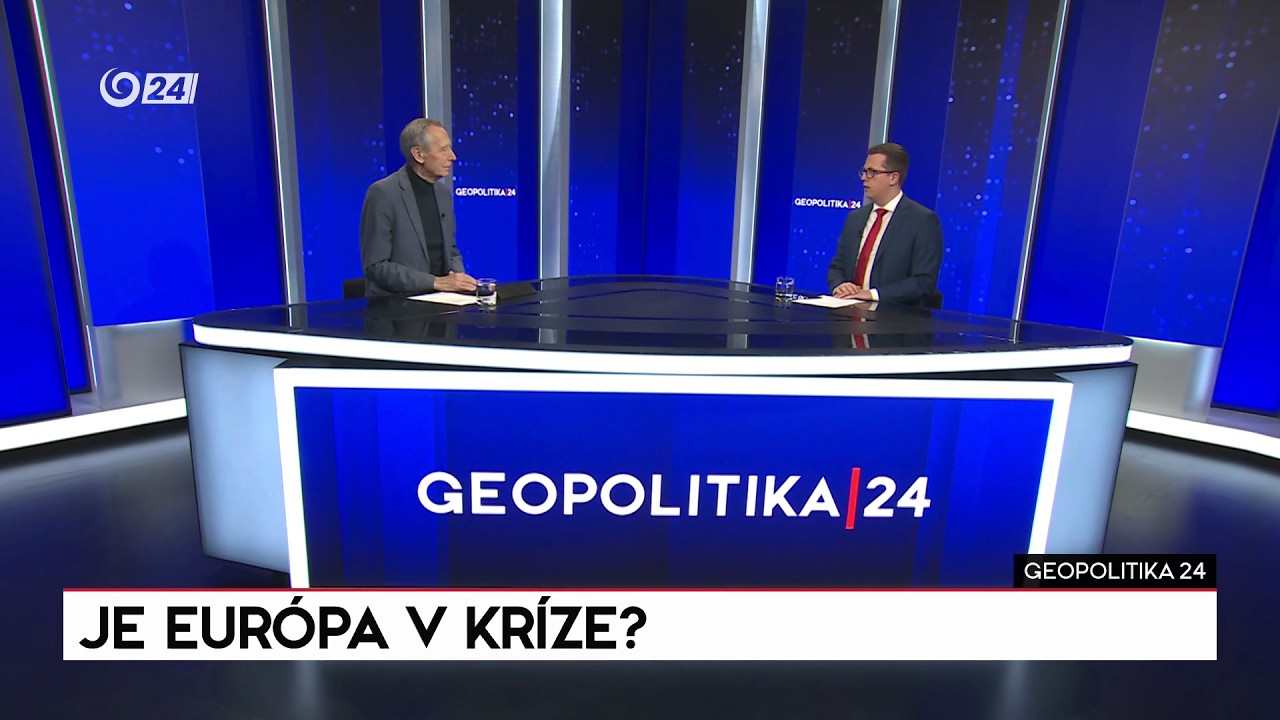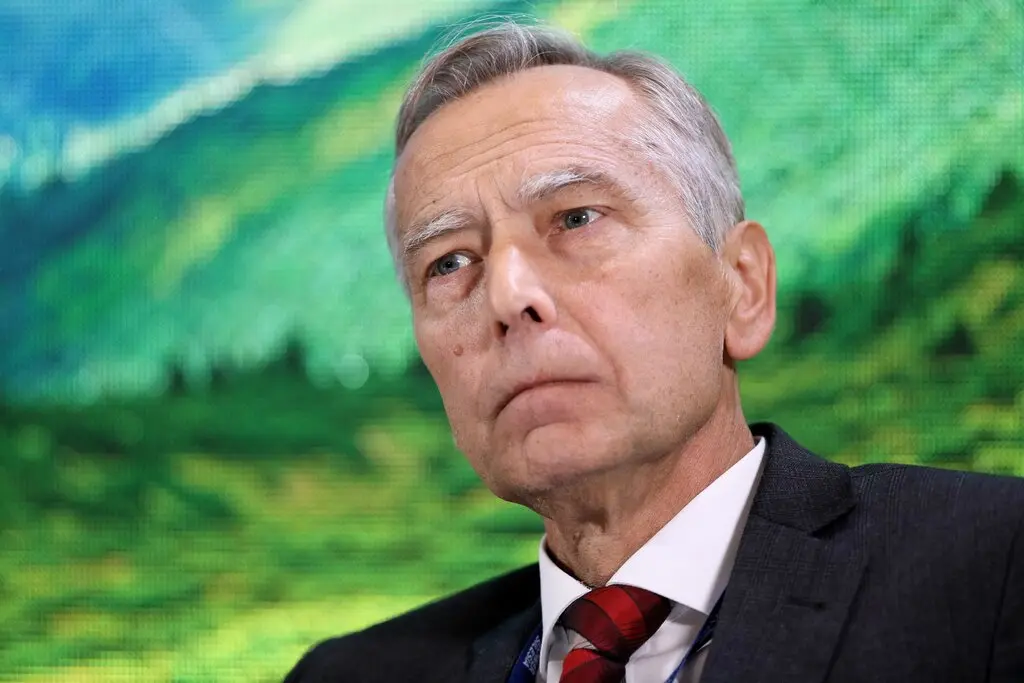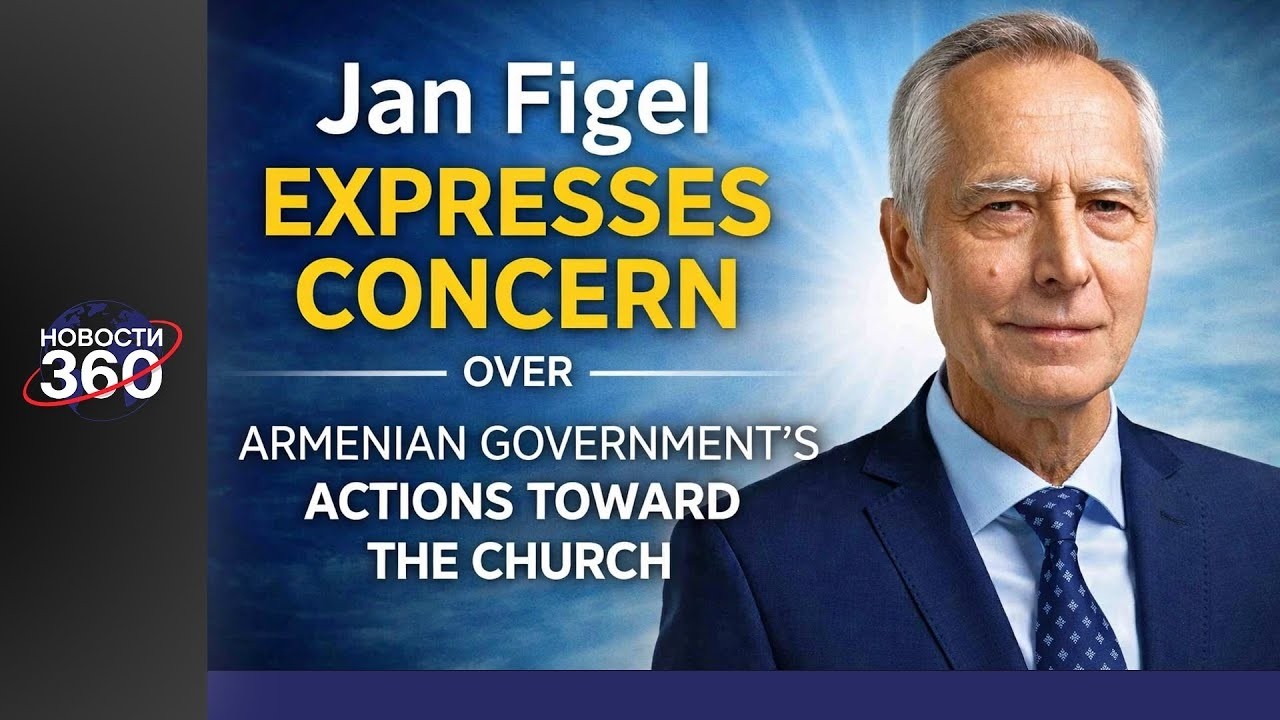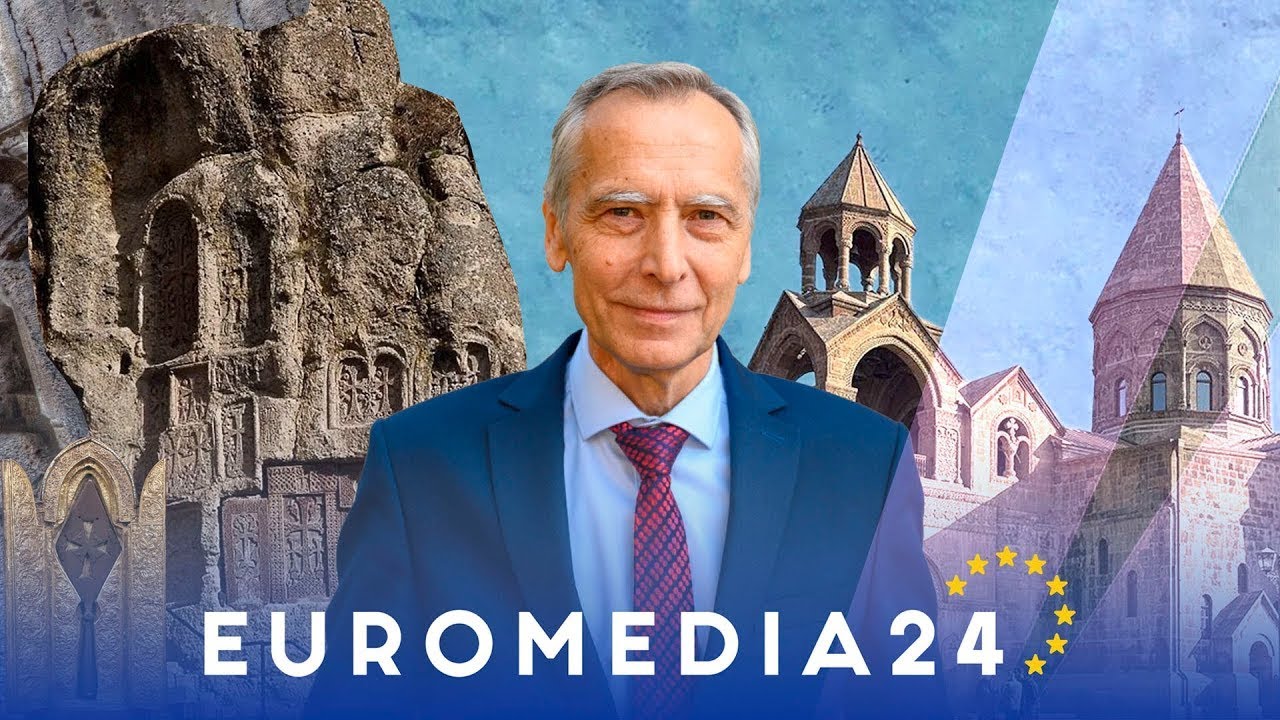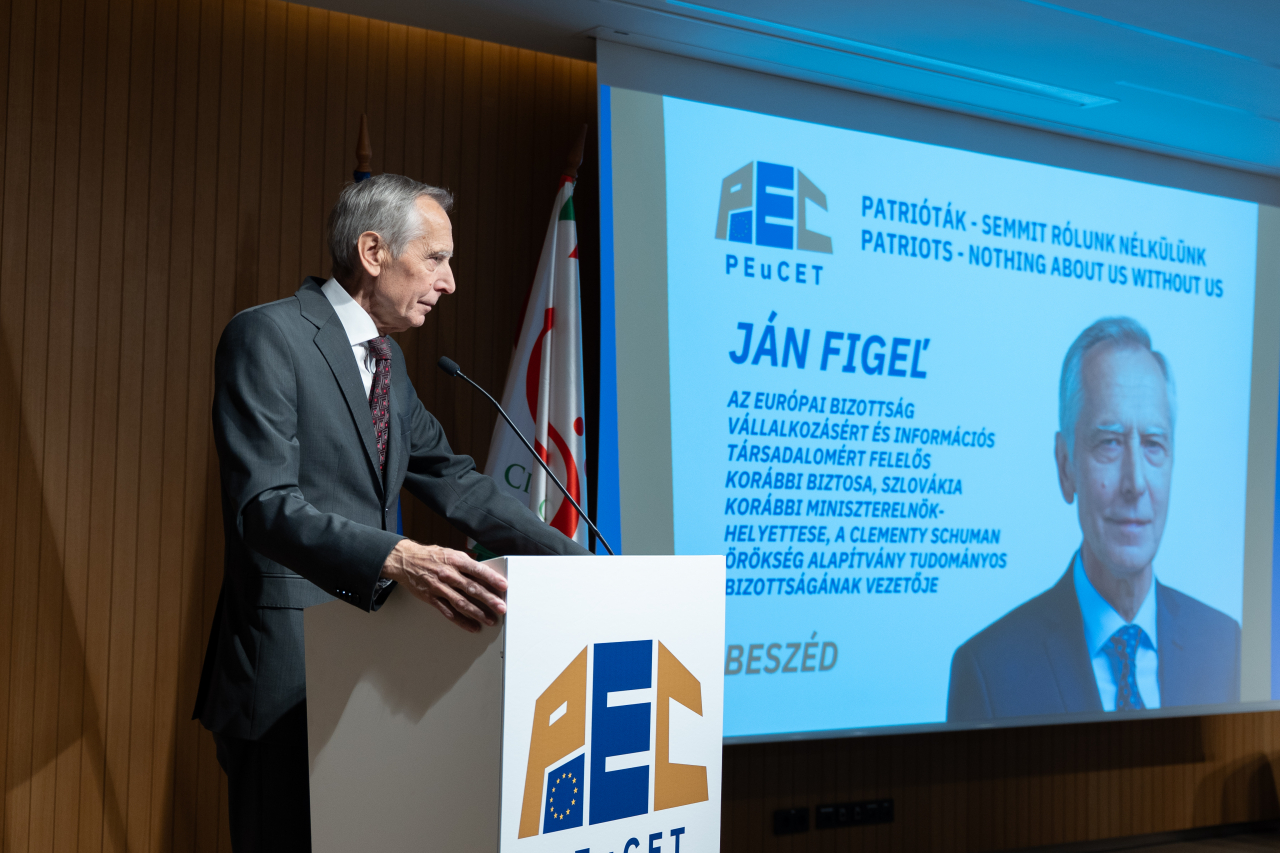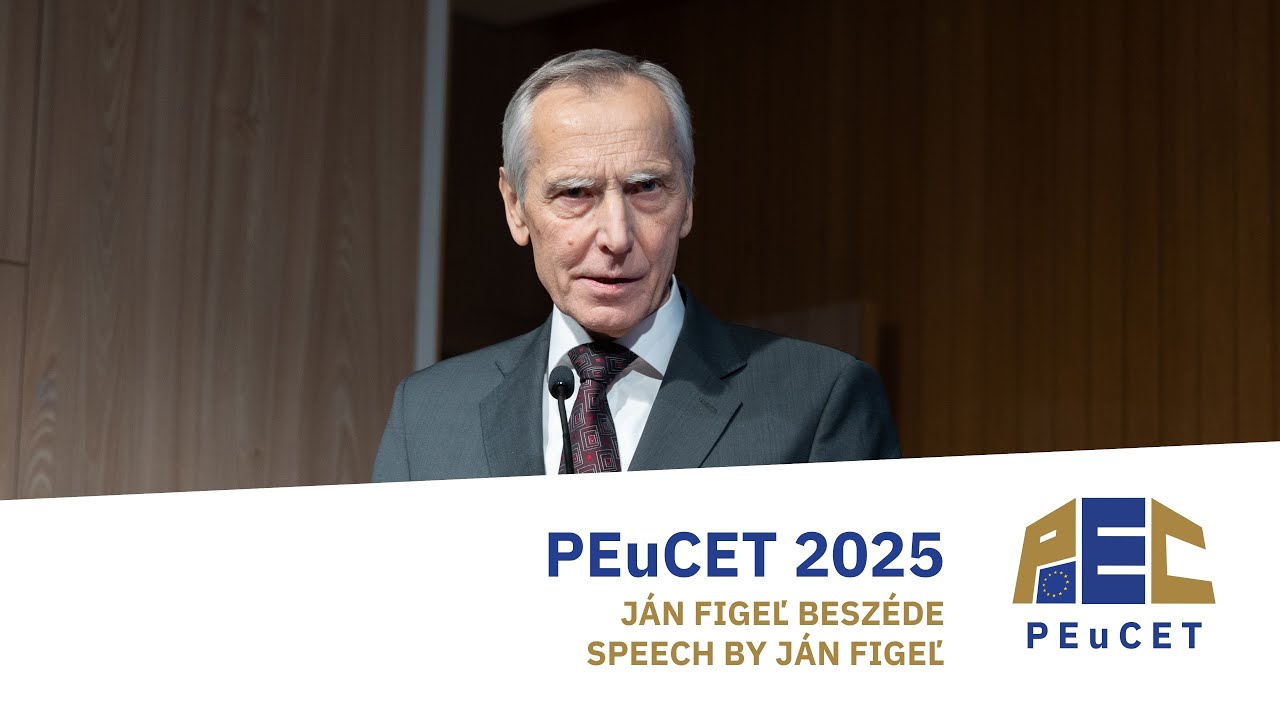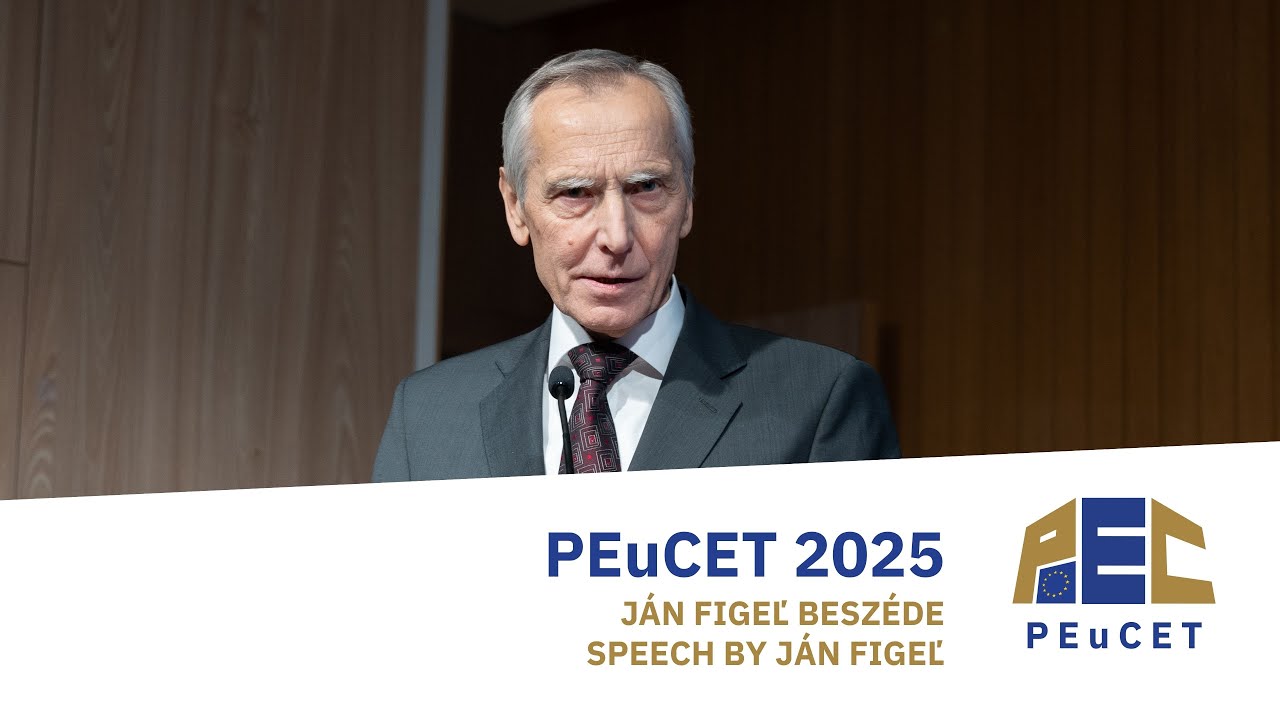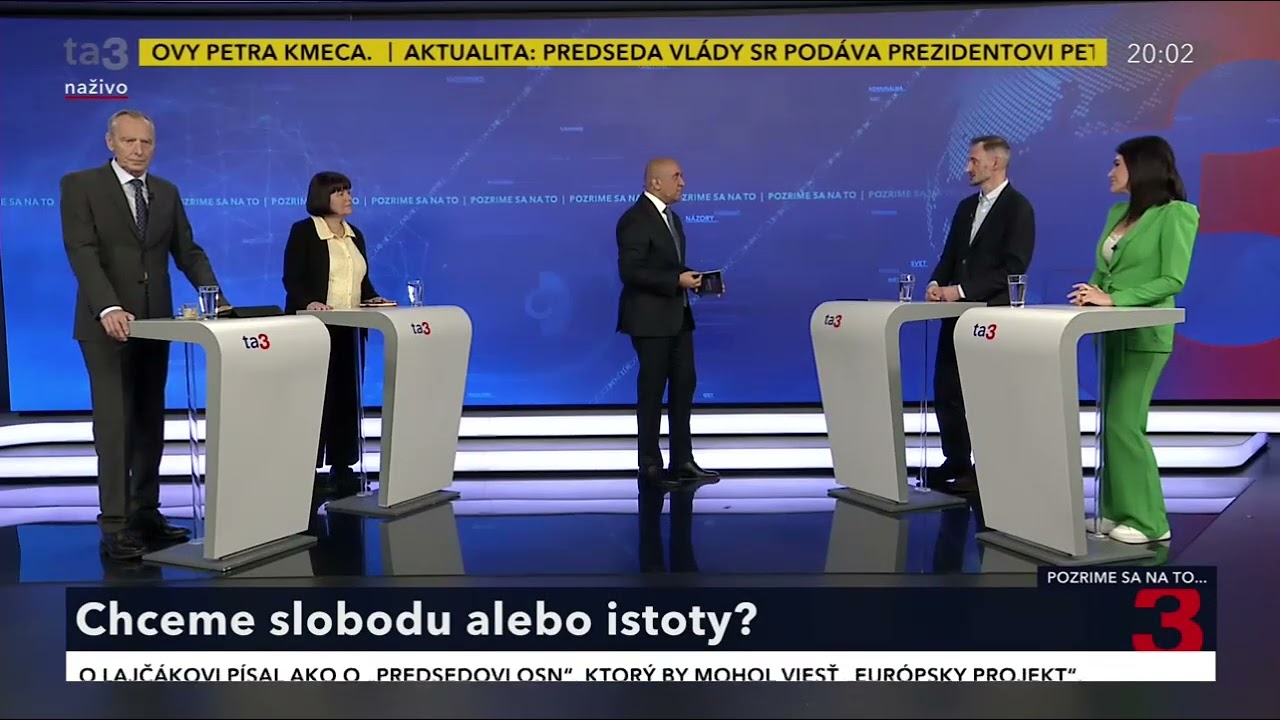On 26 March, CAP/ Liberté de conscience and Human Rights Without Frontiers organized a side-event about the situation of Human Rights in Pakistan. The keynote speaker was Mr Jan Figel, EU Commissioner for Education (2004-2009) and former EU Special Envoy of Freedom of Religion or Belief (2016-2019). Here are the main insights of his presentation.
HRWF (19.04.2025) – “Pakistan is a big country with a big potential. It’s a nuclear power but also a relatively poor state. The European Union has a special relation with this country due to the GSP+ trade agreement which is normally or basically oriented towards the least developed countries to facilitate their exports to Europe. In this regard, Pakistan is by far the largest partner of the European Union and the biggest beneficiary of this arrangement. The impact of the European Union policy should and can therefore be significant.”
The EU, freedom of religion or belief and human dignity in Pakistan
“Freedom of religion or belief is a very central human right. It’s in the centre of the whole list of the articles of the Universal Declaration of Human Rights. The centrality of Article 18 is very important and the content is very particular. It is in fact freedom of thought, freedom of conscience and freedom of religion.
It speaks about human rationality, morality and spirituality. It is important for all, believers, non-believers, for people from A to Z, which means from Atheists up to Zoroastrians. It is for all, not only some, not only majorities, not only minorities. It is for all.
And it is actually a litmus test of all human rights because it is internal, it is the deepest freedom of a human being. In addition, there is a very close or deep nexus between religious freedom and human dignity.
As I said, Article 18 speaks about rationality, morality and spirituality of each human person. And human dignity is the basis of freedom, peace, justice and equality. It’s the precondition of a dignified life.
And of course, human dignity is a fact from which human duties and human rights are derived.
It is mentioned five times in the Universal Declaration of Human Rights and also in many constitutions, including the constitution of India, Pakistan and my country, Slovakia. The problem is that for many people in Pakistan human dignity is not respected today.””
The roots of the disregard of human dignity
“The reasons are mostly linked to the state policies which started or were inherited from the time of Zia ul Haq’s government in Pakistan and the military junta which came with the Islamisation of the state to keep the ideology in power, not only with guns. For example, the penal code was moved to an extreme level. It is indeed very exceptional to have a penal code providing for death penalty or lifelong imprisonment on blasphemy charges. It’s unique and mandatory. It means a lot of damage for peaceful coexistence and cohabitation. I would say politically that the legacy of Zia ul Haq in Pakistan is today more important than the legacy of Ali Jinnah, the founding father, the dreamer, the visionary of a future Pakistan being a tolerant and pluralistic country.
Unfortunately, I have seen personally, being there several times, that extremist movements are stronger than political parties. They can paralyse the state, state authorities and law enforcement in the country.
The justice system is functioning but it is slow and relatively weak. Education, which is so important, is marked by ideology, intolerance, supremacy of one religion. It serves or works against inclusion of all. Madrasas are institutions of radicalisation.”
The impact of the disregard of human dignity
“Ahmadis, Christians, Hindus and other minorities are under pressure and discrimination in Pakistan. There are extensive attacks on a daily basis and of course there are damages on places of worship, cultural heritage and so on. Pakistan is regrettably very often in the leading group in negative rankings about the situation of human rights or religious freedom reports.
The U.S. Commission on International Religious Freedom put Pakistan in the CPC category, Countries of Particular Concern. Also Aid to the Church in Need or Open Doors and other NGOs.
Positive change or difference is however possible. I was several times in Pakistan. When I was there, it was not to interfere into domestic issues but it was for a dialogue between mature partners, with respect but also with clear principles: mutually beneficial and win-win policies, working together and even achieving some improvements.
The GSP+ was and remains a very important and great instrument as it grants enormous trade privileges to Pakistan. My message was mainly that in Pakistan a status quo is not enough and cannot be taken for granted and with satisfaction. Justice delayed is justice denied. It’s a general principle.
It’s not only in Pakistan but it is everywhere. And therefore, to modernise, mobilise and work on justice for all is important. A personal experience as an example.
A lady was sentenced twice to death and spent nine years on the death row. Her family who was under enormous threats was taken care by another family. In 2019, we managed to save the caretaking family with the kids first, then the mother, her husband and also another family, a Muslim family which was also under existential threat as they had helped me as interpreters in the Punjab.
So, this religious intolerance or hatred is damaging for all, not only for minorities, but also for majorities. I wanted to mention this case to stress that the European Union did life-saving work. The EU can do it, it can help, it can really make a difference even in countries like Pakistan but it must be more systematic.”
Pakistan’s controversial school education system
“Ladies and gentlemen, the silence of the European Commission in times of persecution and violent extremism is often painful, which is the case with Pakistan. The promotion of societal segregation from early childhood is against human rights, peaceful coexistence and social inclusion of minorities. EU’s financial assistance to detrimental religious education in Pakistan should therefore be stopped immediately. We too often hear soft words and messages from the European Union and United Nations agencies but courageous and efficient action and deeds are missing or fail to follow.
From 2004 to 2009, I was an EU Commissioner for Education. My input to the current or next generations of the world 20 years ago was the Erasmus Mundus Project, the best ever university exchange and mobility program. I also implemented the Bologna Process which aims to make it possible for academic qualifications to be recognized EU-wide and 16 years ago I launched the European Institute of Innovation and Technology, a life-long learning program.
The message of this program was that ‘education unites.’ This sort of education is needed in Pakistan for Pakistani, for people living and struggling there. Not in exile or elsewhere in the world but at home in Pakistan.” They could hereby be better off, they could be richer and they should be richer.”
A call to the EU and the UN
“I call on the UN agencies, the European Parliament and the Commission to review their education support for Pakistan and I call on the EU to review its GSP+ agreement with Pakistan, this year, with an unquestionable commitment to human dignity for all and human rights for all, including for religious and ethnic minorities. It is now without delay that it must start.”
Original link: https://hrwf.eu/pakistan-former-eu-special-envoy-on-forb-spoke-about-human-dignity-in-pakistan-at-the-un/



